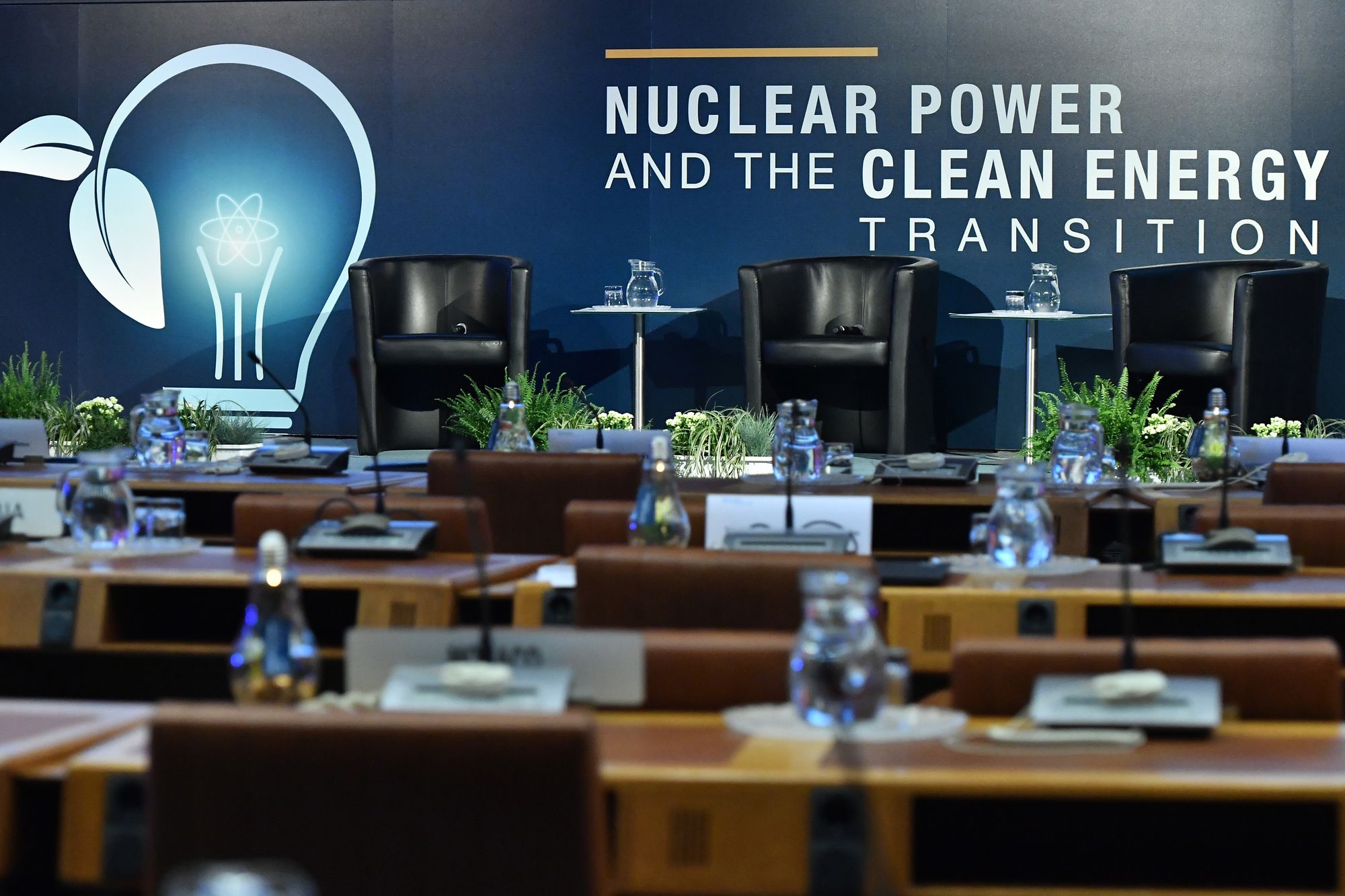By Julia Riopelle, SciTech Editor
Transitioning into a green economy requires both public and private investment. UK Research and Innovation is investing £10 million into green finance, in hopes to assist UK businesses to put environmental health at the forefront of their business models.
The aim of a green economy is to improve human livelihood, whilst sustainably managing natural resources, protecting biodiversity and fostering environmental health. The £10 million is going into building a research centre, specifically, the UK Centre for Greening Finance and Investment. This will be a hub for environmental scientists and finance experts to co-advise investors, companies, start-ups and leaders to make sustainable decisions.

With more pressure on countries to achieve net-zero carbon emissions, we see a trend of start-ups popping up around the world offering their green products and services. They have the innovative ideas, logistics and technological knowledge, but lack the funds needed to execute their goals. Investors have the money but lack the incentive to see any direct profit in investing into a greener future.
This is due to the knowledge gap between the environmental and the financial sectors. Most global economies are still relying on outdated business models, when the world we live in is rapidly heading into a completely different future. The economy still invests into fossil fuel energies and the deforestation of natural land, despite knowing for years that these resources are limited. The time is ticking until these run out.
The UK Centre for Greening Finance and Investment will bring together specialists from different sectors in order to rebuild financial frameworks and business models, placing the environment at its forefront. The aim is to meet the goals set out by the UK Government Green Finance Strategy of 2019, which outlines major steps needed to make the nation a net-zero carbon emission economy.
One aspect of the UK’s 10-Point Plan for a Green Industrial Revolution highlights the importance of advancing offshore wind farming. At the research centre, researchers from the University of Bristol will be looking into the impacts of climate change-related windstorms and floods, in order to guide investors into protecting their properties – a market currently worth £6 trillion. By investing £20 billion, the UK could quadruple their wind energy output by the year 2030, producing 40GW of clean energy. This is predicted to create 60,000 new jobs by 2030 and offset five percent of the UK’s 2018 carbon emissions.
The UK could quadruple their wind energy output by 2030
Other green markets needing investment are low-carbon hydrogen energy (£300 million), zero-emission vehicles (£3 billion), carbon capture technologies (£1.5 billion) and smarter buildings (£11 billion). Low-carbon hydrogen is a potential source of fuel that could provide 5GW of energy in the UK by 2030 and create 8,000 new jobs.
The UK also aims to fully wean off petrol and diesel cars in the next decade. The plan states that by this time, all future vehicle sales will need to have zero emissions, accomplished through either hybrid models or battery driven cars. Currently, £500 million is being invested into gigafactories, which will manufacture the batteries needed for electric cars. This market has a potential to create 40,000 new jobs and offset 5MTCO2e.
Carbon capture is a technology that can either capture produced carbon dioxide before it is released or re-absorb carbon dioxide from the atmosphere. The UK plans to capture 10Mt of carbon dioxide per year by 2030, which the government states are equivalent to ‘four million cars’ worth of annual emissions.’ However, captured carbon needs to be put somewhere else, if not into the atmosphere. The North Sea, above the UK, is the ideal place to store the captured carbon underneath its seabed.
Green finance is the way to accomplish a few of the strategies mentioned. The UK needs to implement more sustainable business models, in order to shape better habits amongst consumer behaviour. The UK Centre for Greening Finance and Investment will be underpinned by scientific UK-based research and guide financial institutions in their decision making.
Our Ten Point Plan for a Green Industrial Revolution will create and support up to 250,000 jobs.
— UK Prime Minister (@10DowningStreet) November 18, 2020
See below or visit: https://t.co/ddi2jbhF0q pic.twitter.com/PIRREZA8HI
The physical hubs to be constructed in Leeds and London, will provide a space for start-ups to come together and be guided by professionals in both the finance sector, through bankers and financial analysts, as well as the environmental sector.
All potential impacts of a business strategy on the environment will be measured, in order to create policies and blueprints to offset any carbon footprint. The idea is to proactively mitigate any environmental impacts, rather than try to restore any damage afterwards. The hub will offer the most up-to-date global data and analytics.
‘Good data and analytics - based on the best science - is fundamental to understanding and managing climate and environmental risk exposure in support of the transition to a more sustainable global finance system’, explains Professor Sir Duncan Wingham, Executive Chair of the Natural Environment Research Council.
‘This investment will enable improved access to, and understanding of, physical and transition climate and environmental risks as they impact both sides of the balance sheet. It will help the finance sector to support delivery of a low carbon economy and the recovery and restoration of our natural environments.’
University of Bristol drone research to be used in future offshore wind farms
Largest wind turbine in England to be built in Bristol
Rather than continuously investing into the past, it is time to invest into the future. We must start thinking in the long term, or else one day there will not be enough energy for everyone to use. Now is the time to shift to a green economy and be proactive in our decisions, not only for ourselves but also our planet.
Transitioning to renewable energy may seem more costly than the cheaper fossil fuels we exploit now, though the long-term benefits far outweigh the costs. Renewable energy will be around forever, with minimal impact on the environment, whereas fossil fuels will run out in the next few decades, whilst leaving a trail of irreversible damage in its wake.
Featured Image: Unplash / Fas Khan
Will the UK be net-zero by 2030?








